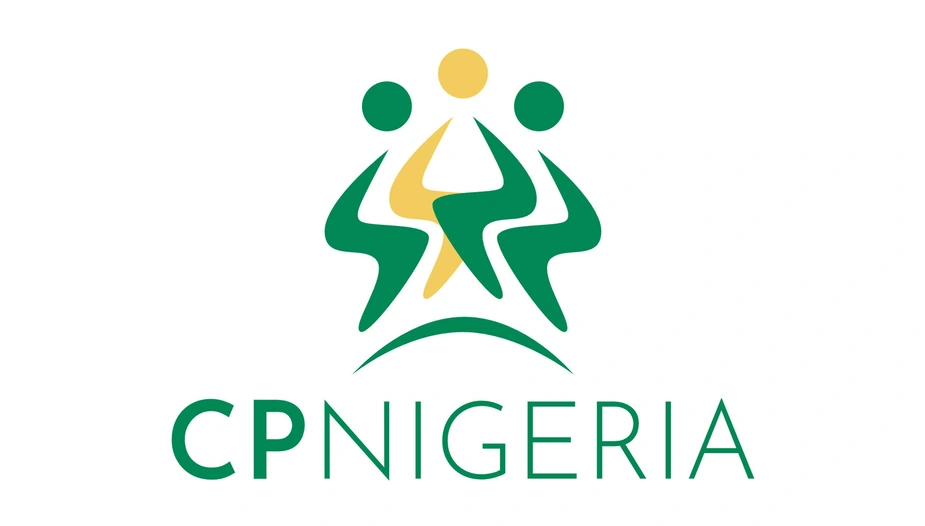Community-driven mini-grids in Nigeria
RLI research project shows ways to sustainably electrify rural regions
In the project ‘Communities of Practice Nigeria’ (CP Nigeria), researchers from Reiner Lemoine Institute (RLI), together with experts from partner organizations, have developed results for the promotion of clean and sustainable energy supply in Nigeria. Among other things, they have identified around 660 rural communities in the country as ideal for off-grid electrification. The introduction of mini-grids could reduce annual CO2 emissions in these regions by up to 188,000 tons. The experts have summarized all of their findings and recommendations for action in a policy brief. The project team has also developed a tool for planning mini-grids that local communities can use independently.
The project work centred on research into community-driven mini-grids (CDMGs). These are community-orientated mini-grids. The project team identified these as a promising alternative to the previously dominant, developer-led electrification models in Nigeria.
CDMG models as a central component of the electrification strategy
‘From diesel generators to energy democracy: Our results show that community-driven approaches to electrification can make energy supply sustainable, economically viable and socially inclusive. CDMG models could become a central component of Nigeria’s electrification strategy and at the same time contribute to the global energy transition,’ says Clara Neyrand, project leader and researcher in the RLI unit Off-Grid Systems. ‘The future of electrification in Nigeria must be shaped collectively – socially, ecologically and economically sustainable,’ says Neyrand.
Key findings of the project
- Urgent need for action to electrify rural regions:
With 86 million people without electricity, Nigeria has the world’s largest electrification deficit. Despite the potential of decentralized renewable energies, they only contribute 0.1% to the electricity supply, while USD 14 billion is spent annually on inefficient diesel generators. - Identification of target communities:
Over 660 rural communities in Nigeria have been identified as ideal for off-grid electrification. These communities are located more than 20 kilometers from the national grid and stand to benefit the most from mini-grid solutions. - Benefits of Community-Driven Mini-Grids (CDMGs):
CDMGs promote sustainable projects through community participation and ownership, reduce dependence on fossil fuels and strengthen local economies.
They offer long-term benefits such as higher reliability, lower costs and environmental protection through reduced emissions. - Examples of successful CDMG projects:
Success stories from countries such as Tanzania and Côte d’Ivoire show that CDMGs are economically viable and environmentally sustainable. These experiences can serve as guidelines for implementation in Nigeria. - Obstacles and necessary reforms:
Obstacles such as lack of awareness among the population, inadequate technical skills and lack of financial support are slowing down the spread of CDMGs in Nigeria. Therefore, targeted measures such as knowledge transfer, capacity building, improved financing options and regulatory adjustments are required. - Transformative impact for Nigeria:
With the implementation of CDMGs in at least 660 rural communities, Nigeria could achieve its electrification targets, strengthen the local economy and save up to 188,000 tons of CO2 emissions annually. Political and institutional support, for example through the NEP initiative (Nigeria Electrification Project), is crucial.
A tool for planning mini-grids
The scientists have also developed a freely available tool that local communities can use to plan mini-grids independently. Among other things, they can use it to create a model of electricity requirements, determine the size of a suitable mini-grid and carry out financial analyses. The result is an implementation plan as a Word document that can be used to proactively approach potential project partners, such as project developers, financing institutions or government partners.
The RLI scientists worked on the project together with the Nigerian organization Clean Technology Hub and experts from the consulting firm the greenwerk. The project was funded by the International Climate Initiative (IKI) and the German Federal Ministry for Economic Affairs and Climate Protection.
Further information:
- policy brief for download (PDF)
- toolbox CP Nigeria
- Project: Communities of practice as drivers of a bottom-up energy transition in Nigeria
Contact:
Clara Neyrand
Reiner Lemoine Institut gGmbH
Project leader
+49 30 1208434-47
clara.neyrand(at)rl-institut.de
reiner-lemoine-institut.de
Press release RLI, 5 December 2024
